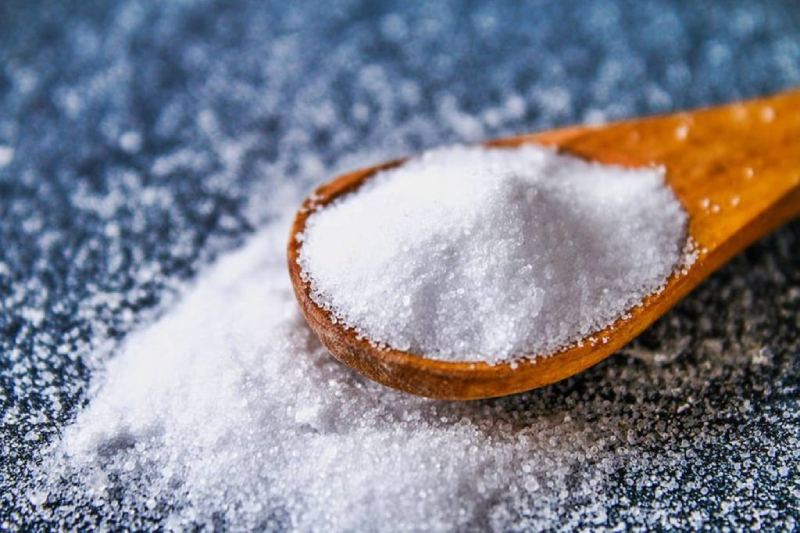Does Salt Damage Your Health? 5 Alert Signs Of Excessive Sodium Consumption

In many homes, salt is a frequent and necessary condiment that is used to enhance and preserve food. Nevertheless, consuming too much salt can lead to a number of health problems. Salt is necessary to sustain neuron function and your body’s fluid equilibrium.
Overindulging in salt might lead to health issues. Therefore, in order to preserve good health, it is crucial to identify the early indicators of excessive salt consumption.
5 Warning Symptoms of Consuming Too Much Salt
These are a few of the initial warning signs and symptoms of eating too much salt. But eating too much salt isn’t the main cause of the symptoms. Therefore, it would be sage to speak with your physician.
1. Enhanced Thirst
Your body may react negatively to too much salt, which can dehydrate you and make you thirstier. You may be consuming too much salt if you find yourself reaching for a drink of water all the time.
2. Edema or Swelling
An excessive amount of salt can lead to fluid retention in the body, which can result in edema and swelling in the hands, feet, and ankles. This occurrence happens when your blood contains too much sodium, which draws water out of the surrounding tissues and causes puffiness and bloating. For more information, you should speak with your doctor if you have swelling.
3. Elevated Blood Pressure
The most worrisome risk linked to excessive salt consumption is hypertension, or elevated blood pressure. The body may retain water and produce more blood due to the sodium level in salt. This raises blood pressure, which raises the risk of heart attack, stroke, and other cardiovascular illnesses.
4. Kidney Issues
Overindulgence in salt can strain your kidneys and eventually lead to kidney issues. The kidney is essential for controlling your body’s salt levels and for drawing pollutants from the blood. Excessive salt intake can harm the kidneys’ ability to function and cause issues including fluid imbalance and kidney stones.
5. Issues with Digestion
Bloating, gas, and upset stomach are just a few of the problems that can result from eating too much salt. If you frequently experience symptoms and digestive issues after eating, this may be an indication that you are consuming too much salt.
How Much Salt Is Needed by the Human Body?
To function, the human body needs a tiny quantity of salt or sodium. Salt intake is entirely dependent on a number of variables, including age and health. The majority of adults should not take more than 2300 mg of salt each day, according to health experts. It can be suggested that you limit your salt intake if you are dealing with medical conditions like high blood pressure.